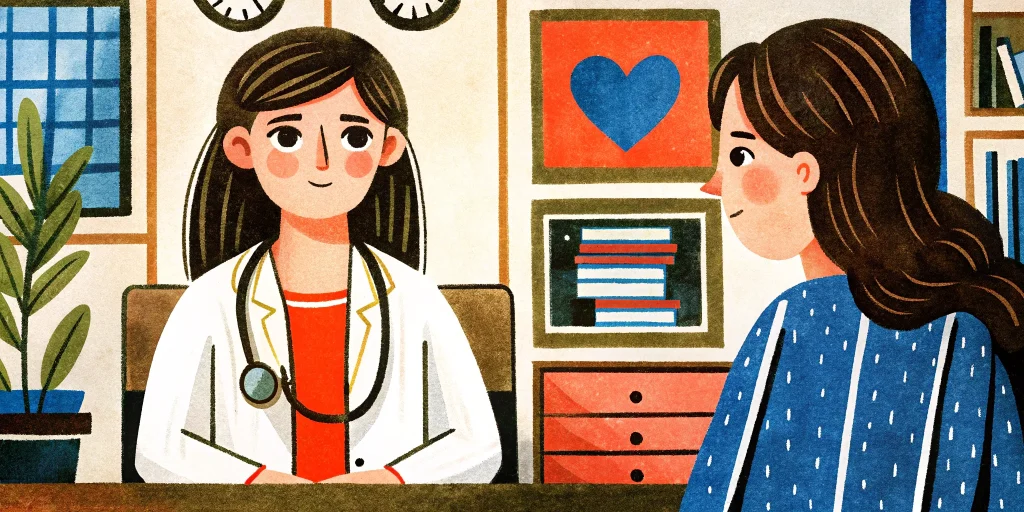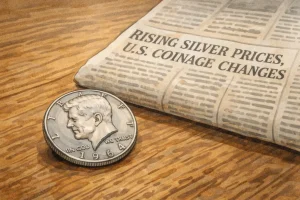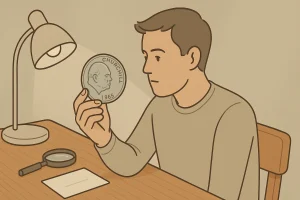The idea of using video games to make a person’s health better is not a fantasy anymore.
In fact, if a few decades ago games were only a kind of free time activity with no real value, today they are seen more and more as a strong tool that can have a good effect on the brain’s functions.
The online brain training games have changed from just a fun activity to a real medical one, which doctors use to help people get better after an injury and to fight serious problems like dementia, ADHD, and other issues.

Scientific Basis: Neuroplasticity and Cognitive Reserve
The main ideas here are neuroplasticity and cognitive reserve.
Neuroplasticity
Neuroplasticity is the amazing ability of the human brain to change and to make new connections between nerve cells because of new learning or even injuries.
It is because of neuroplasticity that we can learn new skills at any age and get better after we are hurt.
The brain is like a muscle, because it gets stronger and grows when you train it often. Online games like in the Mind Elevate app, which are made to help specific brain functions, are a very good way to do this training.
They always give you feedback, they change how hard the game is for the player, and they give you new tasks, which is very important for keeping and making neuroplasticity stronger.
Cognitive Reserve
Also, the cognitive reserve is a big store of mental skills that helps the brain to deal with injuries or problems that come with age.
When a person has a bigger cognitive reserve, he or she can make up for the lost nerve cells from a sickness or injury for a longer time before the signs of the sickness show up.
Doing a lot of mental work, even with online games, helps to build this reserve.
Games that ask a player to focus, react fast, solve logic problems, and remember things are a very good way to build this reserve, and this is very important for people who might be at risk.
| Brain Function | Examples of Games | Benefit |
| Memory | Matching games, “find the pair” games, remembering sequences | Training for short and long-term memory, getting better at remembering information |
| Attention and focus | Games for fast reactions, finding differences, sorting objects | Getting better at focusing on a task, being less distracted |
| Logic and problem solving | Sudoku, crosswords, puzzles, chess | Making thinking skills better, getting better at planning and making decisions |
| Spatial thinking | Mazes, 3D puzzles, games for finding your way in a place | Getting back and improving skills for finding your way and seeing things in a space |
Getting Better After Injuries: Helping Lost Functions
One of the most promising ways to use brain games is to help people get better after they have a head injury, a stroke, or other brain problems. The old ways of getting better are often boring and need a lot of effort and motivation, which can be hard for people, especially at the start.
Games make the process more fun and exciting, which helps people want to keep doing it.
- Getting back motor skills and coordination. People who have had a stroke often have problems with moving.
Games where you need to make exact movements with a controller or with motion sensors help to get back the connection between the brain and the hands and feet.
For example, games where you need to “catch” falling things or “control” a virtual person can help you get back small movements and coordination.
- Training memory and attention. After a head injury, people often have problems with memory and with staying focused. Games that ask you to remember sequences, match pairs, or solve puzzles in a short time help to get these functions back.
By slowly making the tasks harder, doctors can see a big improvement.
For example, a person can be asked to play a game where they need to remember where things are on the screen and then find them, and in the next level, there are more things or more things to distract them.
- Spatial thinking and eye-hand coordination. Video games that need you to know your way in a 3D space even in a simple way can be used to get back spatial thinking, which is often a problem after injuries.
Maze games or games where you build things help people get back their skills for finding their way and for eye-hand coordination.
Fighting Dementia: Keeping the Brain Healthy
Dementia, including Alzheimer’s disease, is one of the biggest problems for older people. While games cannot completely stop the sickness, they can slow down its progress and make life better for people who have it.
Studies show that doing mental activities all the time helps to keep the existing brain connections and even to make new ones, which is very important for keeping brain functions.
- Helping memory and thinking. Games that help short and long-term memory, like games with matching pictures, crosswords, or puzzles, help people with dementia to stay mentally active.
They allow them to keep their ability to solve problems, think logically, and remember new information, which in turn helps with daily life.
- Making mood and social interaction better. Many brain games can be played with other people giving a chance for social interaction, which is very important for people with dementia.
Talking with other players, even if they are family or other sick people, helps to feel less alone, feel better, and keep social skills. Simple card games or word games online can be a good way to do this.
- Overcoming apathy. They give a feeling of having a goal, of doing something good, and of being in control, which helps to make a person feel better about himself and feel good in general.

Challenges and Future Hopes
Even with these clear good things, using online games as a medical tool has some challenges.
One of the most important questions is about the transfer effect – does a skill really help you in real life, for example, when you are driving a car? Some studies say yes, but for these practices to be used more, we need a lot of big and long studies with sick people.
There are a lot of apps on the market, many of which do not have enough science behind them and can make false promises. So it is important for game makers, scientists, and doctors to work together.
However, the future of online brain training looks very good. New technologies with artificial intelligence can make personal training programs that change for the needs and progress of each person.
Using virtual and augmented reality (VR/AR) opens up new ways for a person to be more deeply in the game and to create real situations, which can make the therapy effect much stronger.
Conclusion
So, online brain games are easy-to-use activities that can be used as extra help in brain recovery, to slow down brain problems in people with dementia, and to make attention and control better.
While it is still new and needs more study, we can already say that using games in medicine and therapy opens a new kind of caring for our most important resource – the brain.





